Traveling is as thrilling as it is expensive, with hidden fees at every turn. While some charges are unavoidable, others are entirely unnecessary and can be sidestepped with a bit of savvy planning. Here’s a guide to 13 travel expenses you should never pay for, so you can save your hard-earned money for more meaningful experiences and indulgences.
1. Roaming Charges

Roaming charges are like a sneaky specter from the early 2000s, haunting modern travelers who forget to plan ahead. Before you know it, a few texts and calls later, you’ve racked up a bill that rivals the cost of a night at a five-star hotel. The good news is that with the rise of Wi-Fi and innovative communication apps, these charges are largely avoidable. Simply by downloading apps like WhatsApp or Skype, you can stay connected with friends and family without breaking the bank.
According to a study by the International Telecommunication Union, more than 60% of travelers experience unexpected roaming charges. This statistic underscores the importance of understanding your phone plan before you travel. Many carriers offer affordable international plans if you must use cellular data. Alternatively, purchasing a local SIM card upon arrival can also be a cost-effective solution for staying connected abroad.
2. Overpriced Airport Meals

Airport food courts can feel like a dystopian dining experience where prices defy logic and taste is often an afterthought. The convenience factor is undeniable, but that doesn’t mean you have to succumb to a $12 soggy sandwich. Packing your own snacks or even a meal before heading to the airport can save you money and ensure you’re eating something you’ll actually enjoy. Opt for non-perishable items like trail mix, protein bars, or a simple sandwich to keep hunger at bay.
If you must purchase food at the airport, aim for options that offer better value for money. Some airports have begun introducing healthier and more diverse dining options, but these can still be hit-and-miss. Check out airport maps online beforehand to pinpoint a few good choices. And remember, staying hydrated is crucial, so bring an empty water bottle to fill up after security to avoid shelling out for overpriced drinks.
3. Wi-Fi Fees at Hotels

It’s the 21st century, and paying for Wi-Fi at hotels is almost as absurd as paying extra to use the elevator. Many hotels still charge for in-room Wi-Fi, banking on your willingness to fork over fees for convenience. However, with a little research, you can find accommodations that offer free Wi-Fi as part of their basic amenities. Sites like Booking.com allow you to filter search results to show only hotels providing free internet access, ensuring you stay connected without extra charges.
Expert advice from travel gurus at Lonely Planet suggests checking if joining a hotel’s loyalty program can unlock free Wi-Fi, even for your first stay. Additionally, common areas like the lobby often provide complimentary access, so consider doing any heavy browsing or streaming there. If you need to get online, local cafes and public libraries are also viable alternatives. Investing in a portable hotspot device can further guarantee you’re never without internet while traveling.
4. Foreign Transaction Fees

When traveling internationally, foreign transaction fees can stealthily inflate your credit card bill by up to 3% per purchase. These fees can add up quickly, turning a pleasant holiday into a financial headache. To avoid this, look for credit cards that offer no foreign transaction fees and competitive exchange rates. Cards from companies like Chase or Capital One often have these traveler-friendly features, making them a smart addition to your travel wallet.
In addition to using the right credit card, you can minimize fees by withdrawing larger amounts of cash less frequently, as ATMs might also impose fees. Compare exchange rates at different locations before exchanging currency, as airport kiosks often offer less favorable rates. Be aware of any international purchases you make online, as they can also incur foreign transaction fees. By taking these steps, you can keep your travel budget intact and focus on enjoying your trip.
5. Rental Car Insurance

Rental car companies are notorious for pushing insurance packages that you might not even need. The pressure to add coverage can be intense, but you might already be protected through your personal car insurance or credit card. Many credit cards offer rental car insurance as a perk, covering collision damage and theft. Before you hit the road, confirm with your insurance provider and credit card company what coverage you already have.
Consumer Reports highlights that understanding your existing insurance can save you from unnecessary rental car fees. If additional coverage is needed, consider only purchasing what’s crucial, like liability insurance. Be wary of sneaky add-ons at the rental desk, such as GPS or satellite radio, which can also be overpriced. Always read the fine print to ensure you’re not overpaying for services you don’t actually need.
6. Bottled Water

Paying for bottled water is not only an avoidable expense but also an environmental faux pas. In most destinations, tap water is perfectly safe to drink, and a reusable water bottle can be your best travel companion. Many airports, hotels, and public spaces now offer free water refill stations, making it easier than ever to ditch the single-use plastic. Investing in a quality water filter bottle can also provide peace of mind when traveling to places with questionable water quality.
By avoiding bottled water, you not only save money but also contribute to reducing plastic waste. Consider carrying a collapsible water bottle, which takes up minimal space in your bag. In cities where tap water isn’t potable, buying larger gallon jugs and refilling your bottle can still be more cost-effective. Staying hydrated is essential, but it doesn’t have to come at an extra cost to you or the planet.
7. ATM Withdrawal Fees
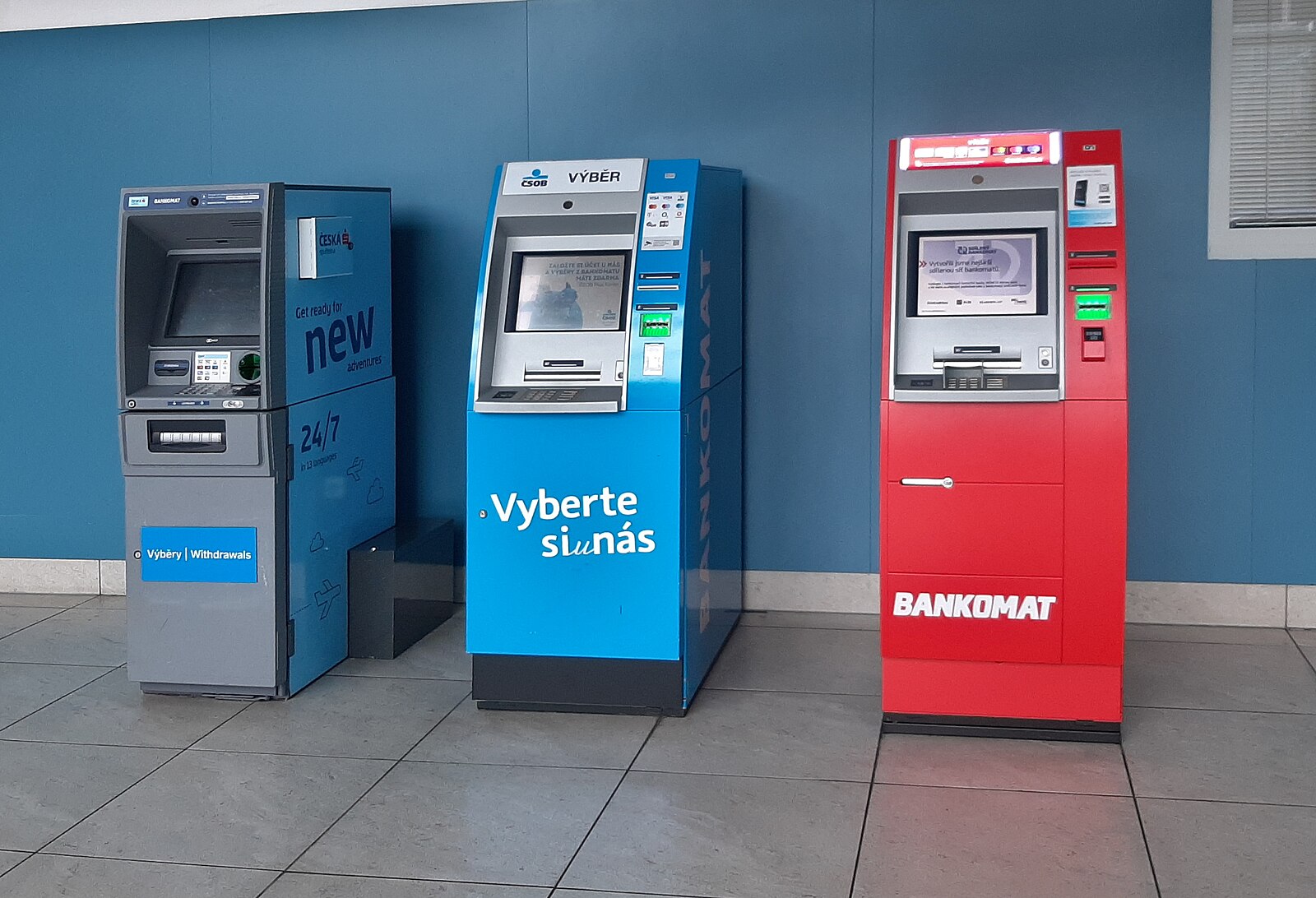
ATM withdrawal fees can be an annoying surprise when you’re trying to access your own money abroad. These fees can range from a few dollars to a percentage of your withdrawal, depending on the bank and location. Planning ahead can prevent these charges; choose a bank that reimburses international ATM fees or partner with global networks offering fee-free withdrawals. This way, you can access local currency without worrying about excessive charges.
According to data from the Global ATM Industry Association, an increasing number of banks are waiving withdrawal fees to attract discerning travelers. Alternatively, consider taking out larger sums less frequently to minimize the number of transactions incurring fees. Some travel-savvy people suggest using credit cards for most purchases as a way to limit cash withdrawals. Always check your bank’s ATM policies before traveling to ensure you’re financially prepared.
8. Currency Exchange Kiosks
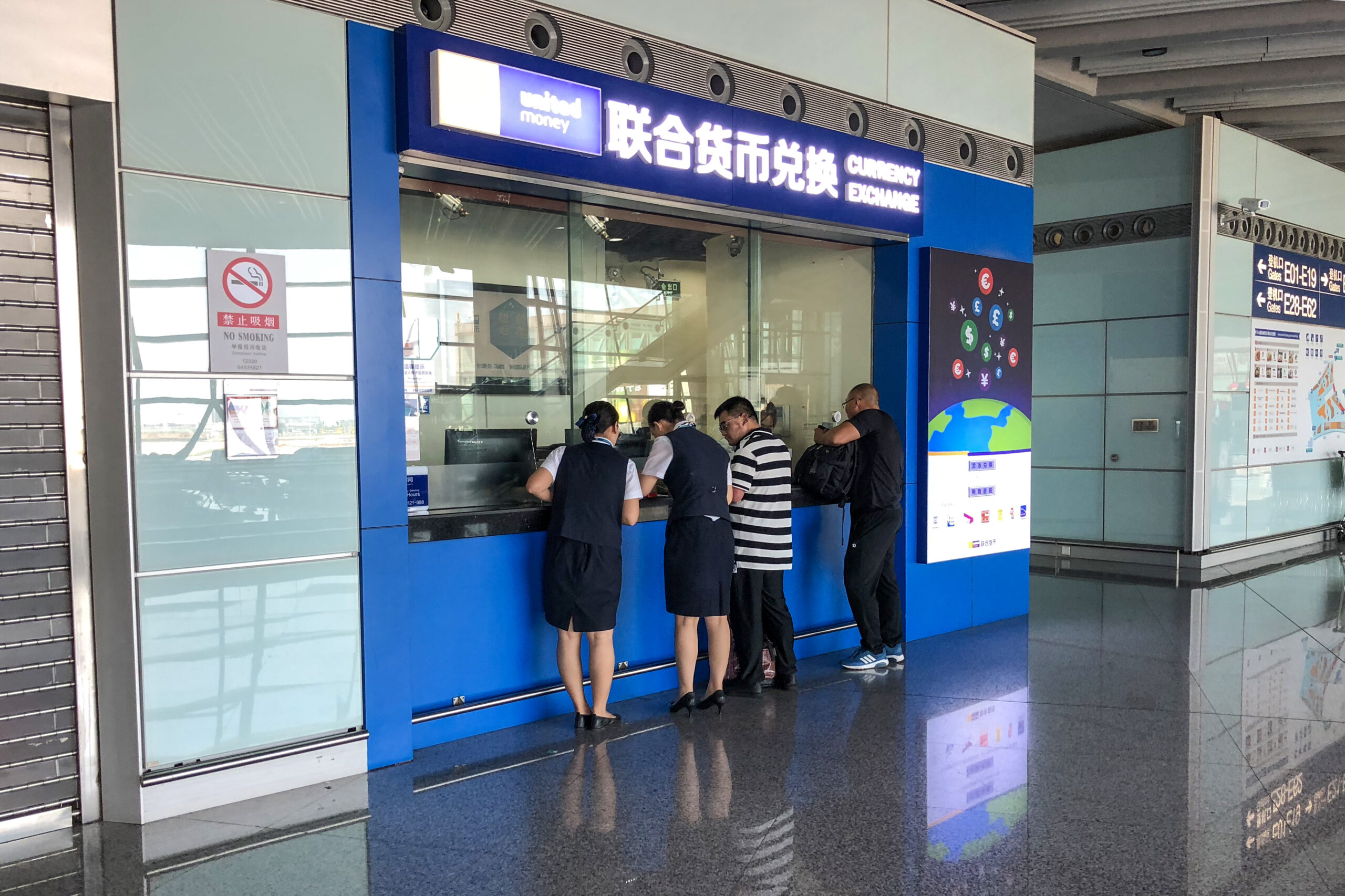
Currency exchange kiosks, especially those in airports and tourist hotspots, are notorious for offering poor exchange rates. The convenience of exchanging money on the spot often comes at a high cost. By planning ahead, you can avoid these unfavorable rates by withdrawing cash from an ATM or ordering currency from your bank before departure. Banks generally provide better rates and charge lower fees than what you’d encounter at a kiosk.
If you’re caught in a pinch, compare rates between kiosks as they can vary significantly even within the same area. Online resources can guide you to the best exchange locations in your destination city. Another alternative is to use a credit card that offers no foreign transaction fees, thereby bypassing the need for cash exchanges. With a little planning, you can ensure your money goes further than the kiosk across the terminal.
9. Resort Fees

Resort fees are the hotel industry equivalent of hidden baggage fees — unwelcome and often unexpected. These fees, sometimes disguised as charges for amenities like pools or gyms, can add a significant amount to your final bill. To avoid these sneaky charges, research hotels thoroughly before booking and look for those that don’t impose resort fees. Websites like TripAdvisor can provide guest reviews and details on whether these fees apply.
To combat this trend, some travelers have successfully negotiated or even disputed resort fees at check-out. Being aware of what amenities you’ll actually use can provide leverage in discussions. If you’re a loyal customer or a member of the hotel’s loyalty program, you might have additional bargaining power. Always ask for a breakdown of fees at check-in, so you’re not caught off guard at departure.
10. Checked Baggage Fees
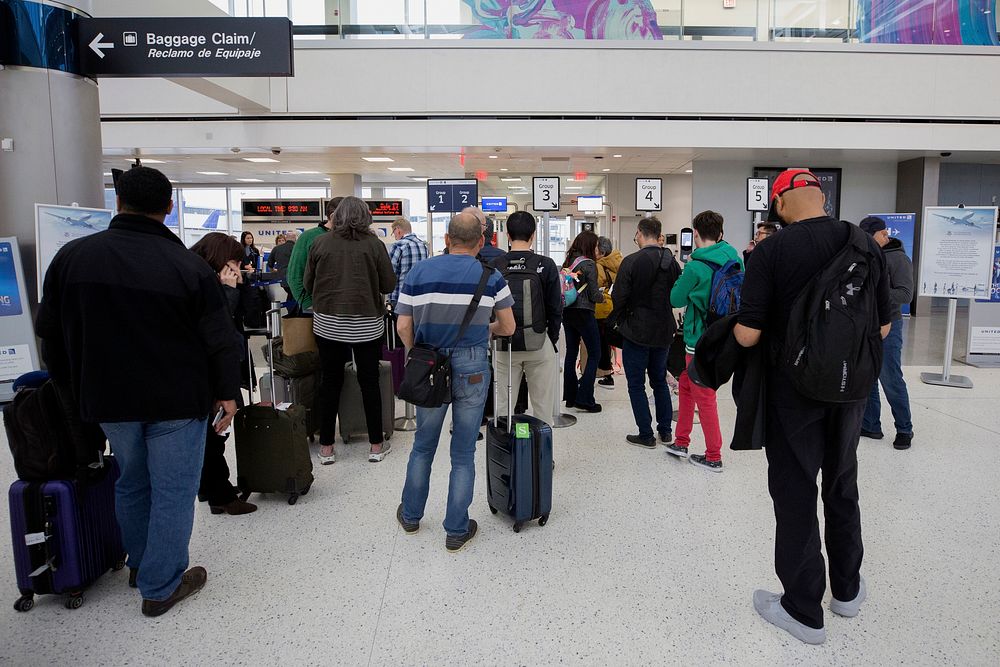
Checked baggage fees can quickly add up, especially for families or anyone planning an extended trip. Fortunately, they’re one of the easiest expenses to dodge if you’re strategic with your packing. Many airlines allow a free carry-on and personal item, which can be sufficient if you pack smartly. Rolling clothes, using packing cubes, and wearing bulkier items like jackets and boots are all tricks to maximize your luggage space.
If you do need to check a bag, consider booking with airlines that offer free checked baggage as part of their standard service or through a rewards program. Utilizing a credit card that includes free baggage as a perk can also save you money. Airlines like Southwest and JetBlue are known for their lenient baggage policies, which is a consideration when booking flights. Preparing in advance helps you avoid unnecessary charges and ensures a stress-free start to your journey.
11. Premium Seat Selection
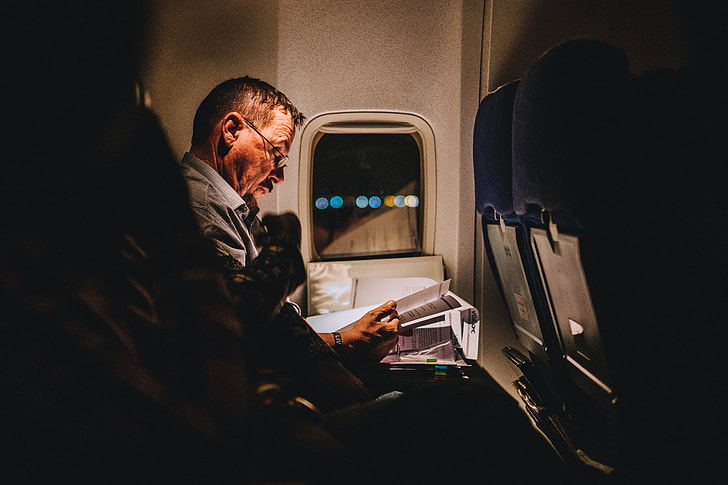
Paying extra for seat selection is one of those fees that airlines love to push, but it’s often unnecessary. While securing a window or aisle seat might seem appealing, being flexible can result in significant savings. Most airlines now allow free seat selection at check-in, so unless you have specific needs, waiting can be the best option. Checking in early increases your chances of landing a preferred seat without the added cost.
Family travelers might find it more challenging to avoid seat selection fees, as they prefer sitting together. In this case, looking for airlines that offer family seating at no extra charge can be beneficial. Another tip is to remain courteous and ask the gate agents for any available upgrades or better seating options. Sometimes, being polite pays off, and you might end up with a complimentary upgrade by simply asking.
12. Tour Package Add-Ons
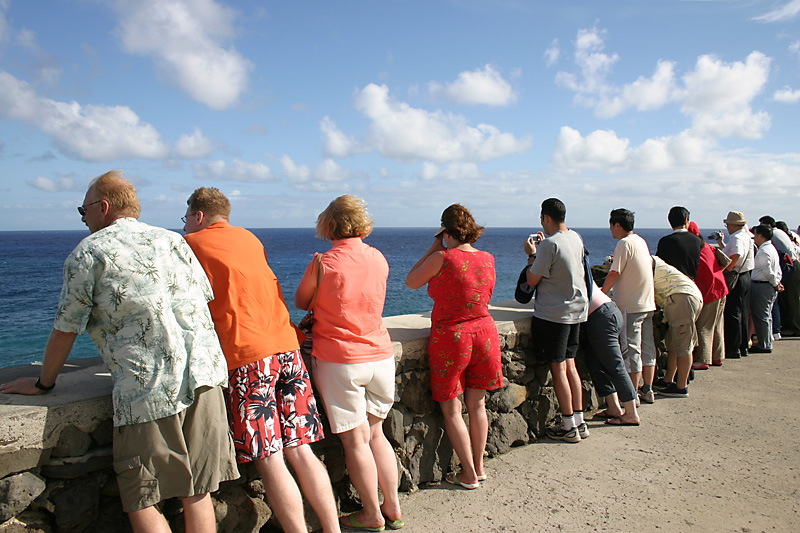
Tour operators often tempt travelers with various add-ons, promising unique experiences at a premium price. While some activities may be worth the splurge, it’s wise to assess if you can independently arrange similar experiences. Often, booking directly with local providers or exploring on your own can save money and offer a more authentic experience. Researching beforehand and reading reviews on platforms like TripAdvisor can provide insights into the true value of these add-ons.
Additionally, compare prices between different operators to ensure you’re not overpaying. Many tours include entrance fees or meals as part of their package, but these can sometimes be cheaper when arranged separately. If you’re set on a specific tour, look for discounts or special deals that might be available online. By being selective and informed, you can make the most of your travel budget while still enjoying unforgettable experiences.
13. Shuttle Services

Hotel shuttles or airport transfer services often come with a hefty price tag for the convenience they offer. However, public transportation or rideshare apps like Uber and Lyft can provide more affordable options. Many cities have efficient and reliable public transit systems that connect major airports to downtown areas. Planning your route in advance can ensure that you reach your destination smoothly and without the extra cost.
For those who prefer the convenience of a direct ride, rideshare apps often offer competitive rates, especially during off-peak hours. Additionally, services like shared shuttles can provide a balance between cost and convenience. Checking for any available promo codes or discounts can further lower your transportation expenses. By exploring your options, you can safely navigate your destination without overspending on shuttle services.
This article is for informational purposes only and should not be construed as financial advice. Consult a financial professional before making investment or other financial decisions. The author and publisher make no warranties of any kind.








